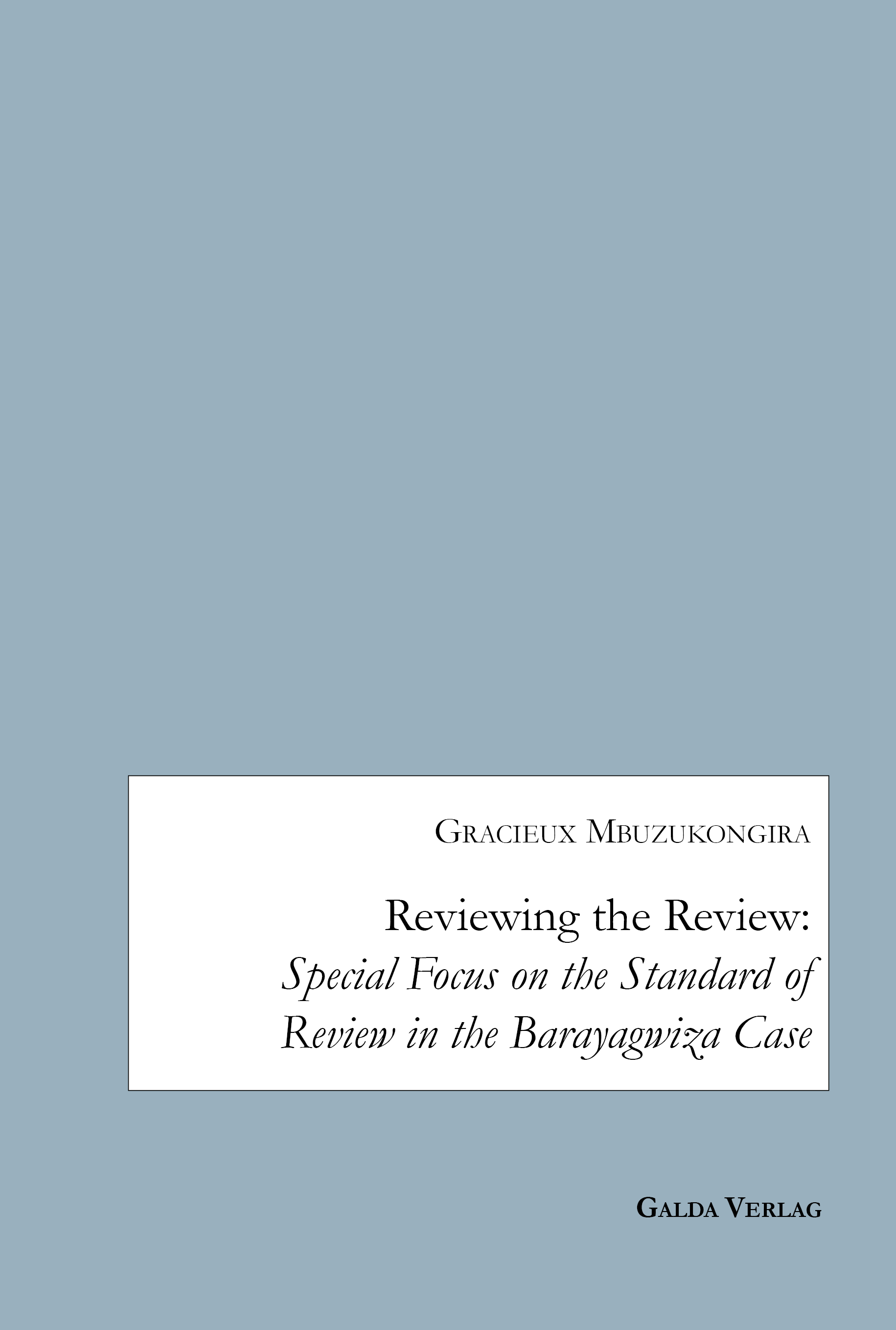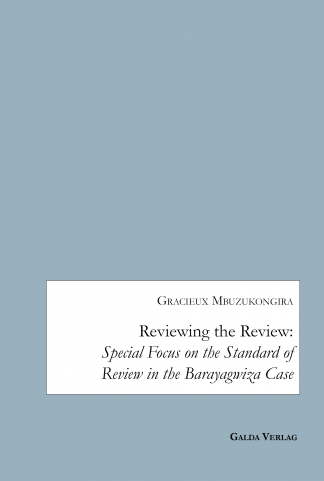Description
The International Court of Justice case law has set a standard that meets international expectations as far as the principle of review is concerned, a standard that should not be deviated from, particularly when the laws guiding the said principle are similar to ICTR laws. Unfortunately, in the Barayagwiza case, the Appeals Chamber decision of 31.03.2000 on the prosecutor’s request for review or reconsideration was reached contrary to the prescriptions of the ICTY rules and on untenable grounds.This research appeals to judges and other actors to put aside the Barayagwiza Appeal’s decision and not to consider the said decision as a relevant authority as far as the concept of review is concerned.


